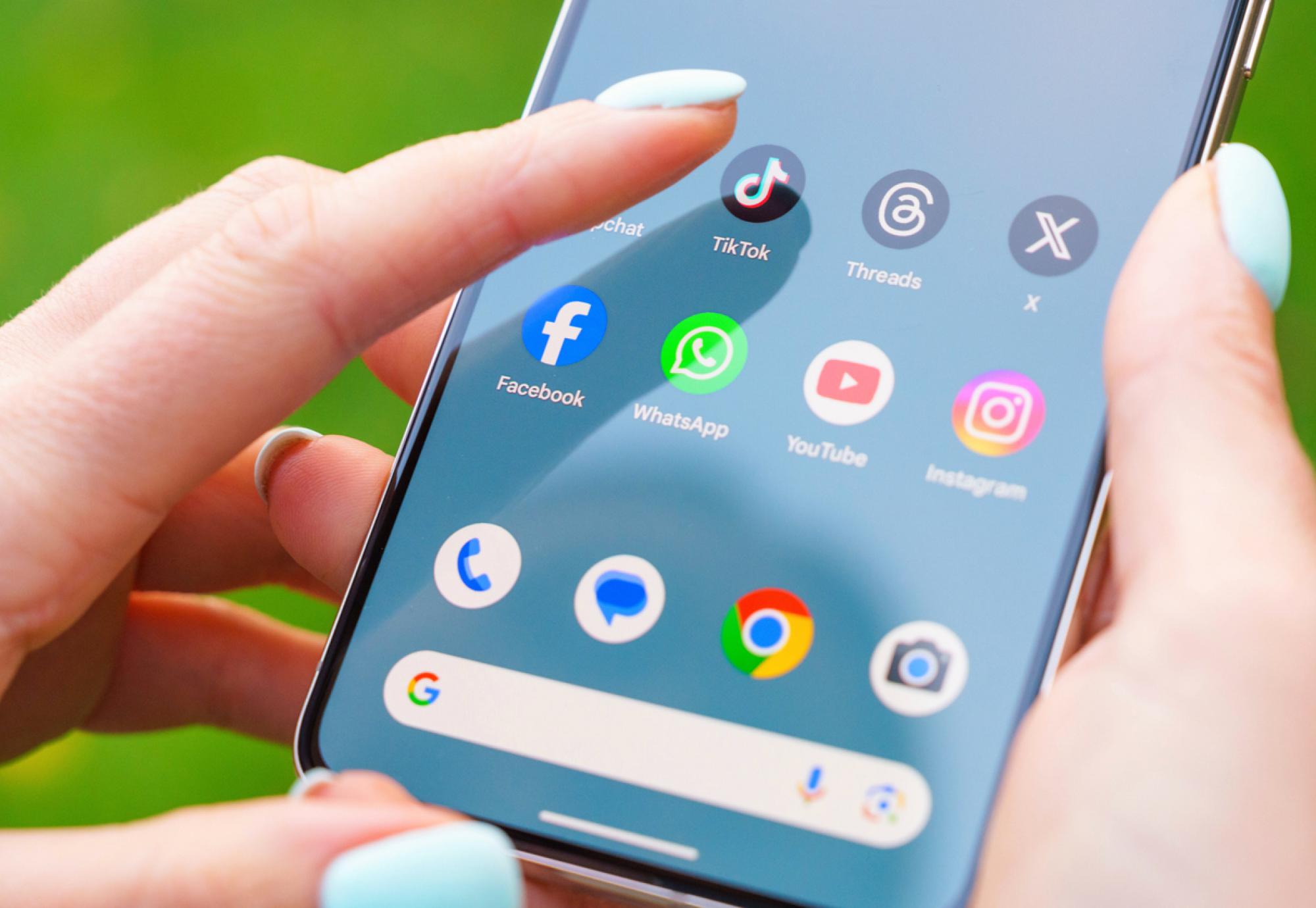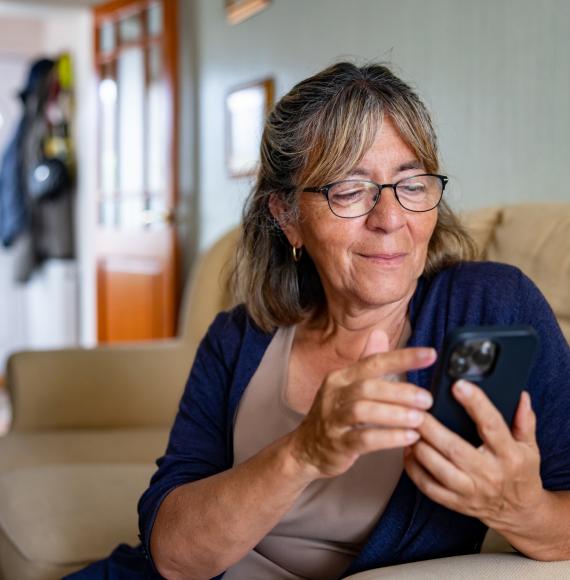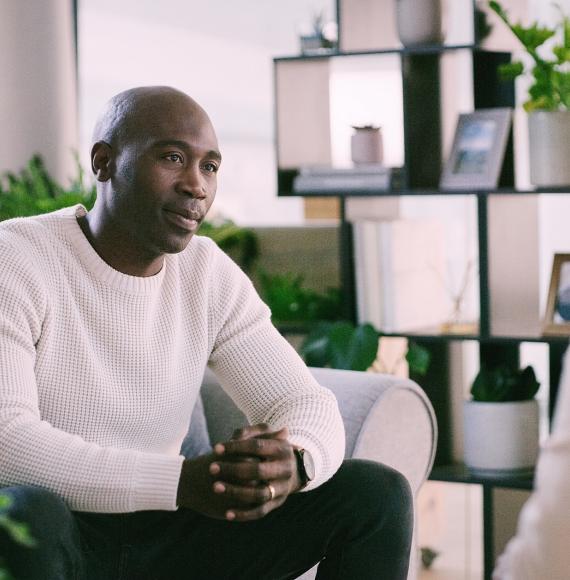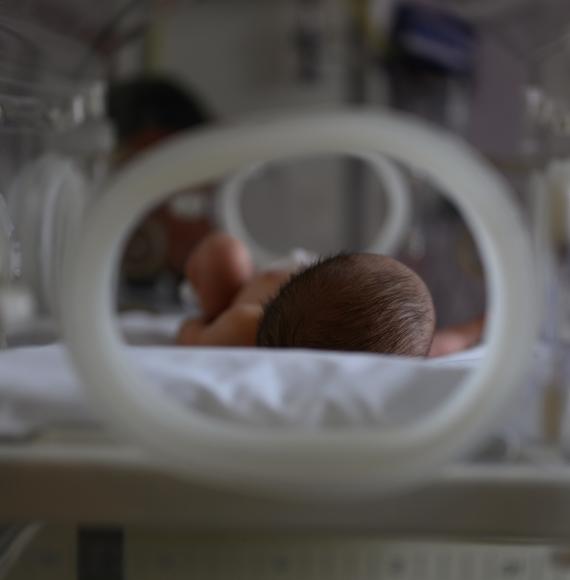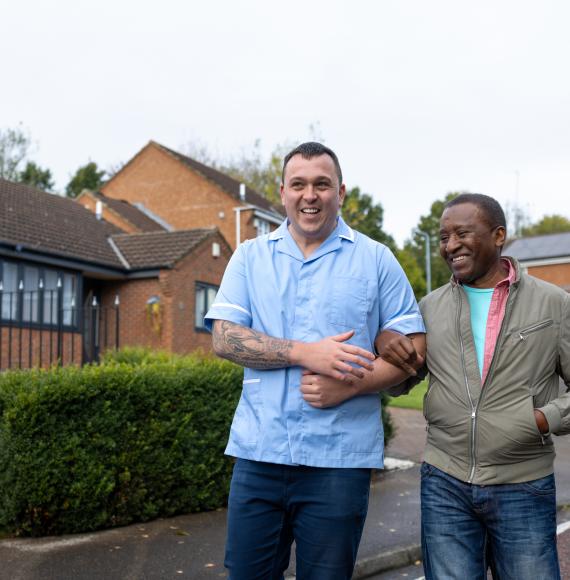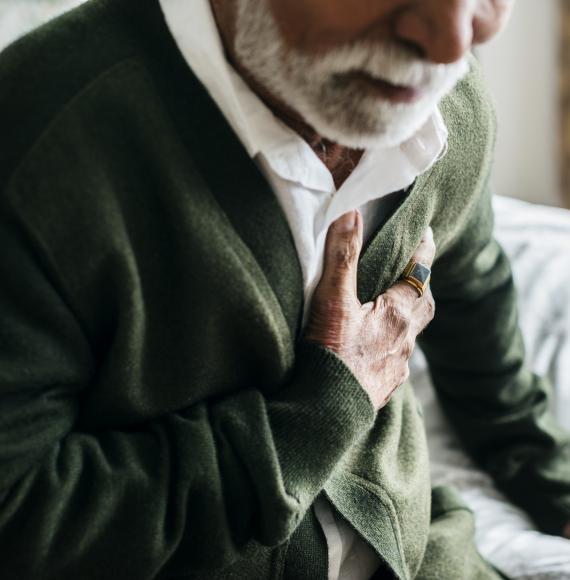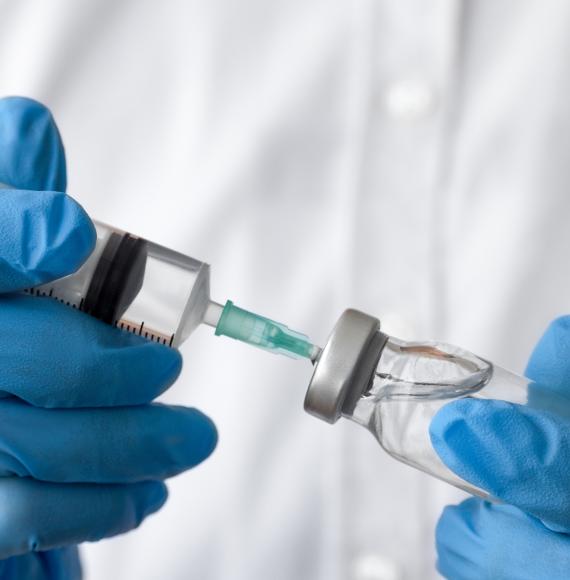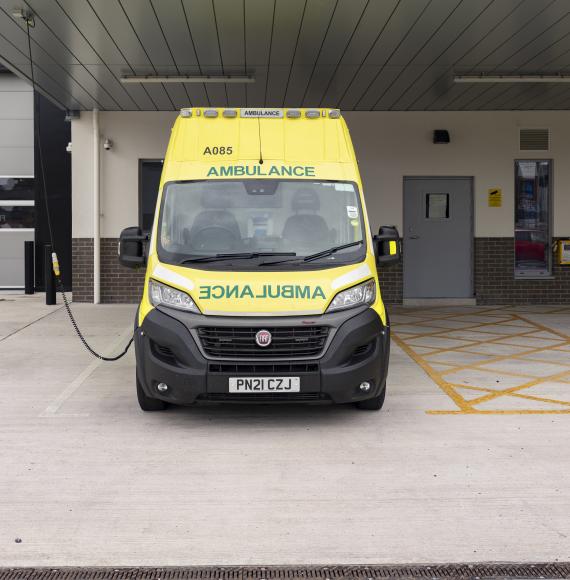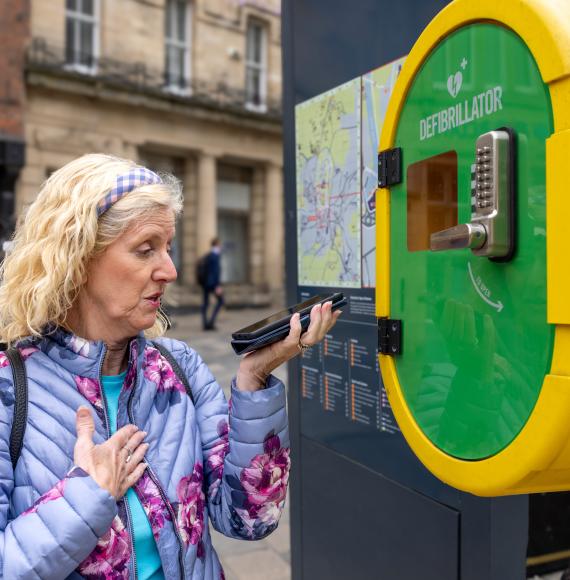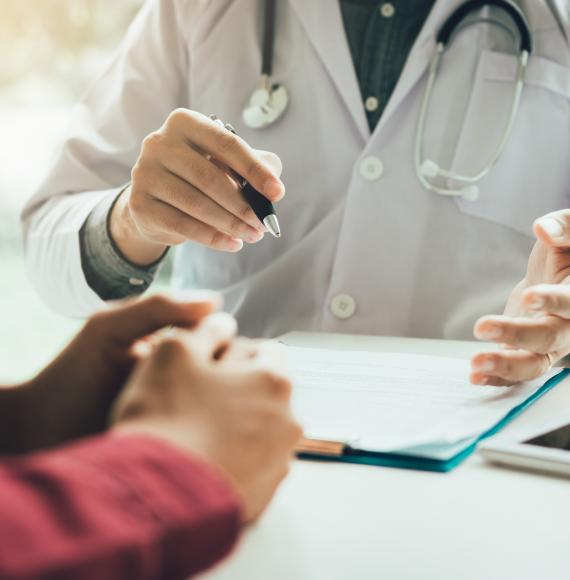In a move to combat misinformation, the World Health Organisation has launched a new partnership with TikTok to bring science-based health information to the masses.
WHO says the collaboration reflects its commitment to promoting global health literacy by leveraging various digital communications technologies. With around one in four young people receiving their news via social media, senior WHO figures want to combat the increasingly prominent issue of misinformation.
The partnership
With the platform reportedly reaching more than one billion people around the globe, the organisation is stepping up its efforts to positively impact people’s wellbeing. It will do this by:
- Breaking stigmas
- Sharing impactful stories
- Providing resources
- Building strong communities
The collaboration is specifically with WHO’s Fides network, which is a variety of healthcare influencers helping share health content that pushes back against misinformation. The network, which launched in 2020, spans 800 creators and reaches 150 million people.
Impact of misinformation
A Canadian study, which included experts from the University of Bristol, concluded that misinformation has led to loss of public trust, delayed action on climate change as well as measurable loss of life and significant financial toll during the Covid-19 pandemic.
Canadian academic and former senior civil servant, Professor Alex Himelfarb, has previously described misinformation as a “defining issue of our time”, which has ultimately become a global problem.
Director of digital health innovation at WHO, Dr Alain Labrique, said: “Creators who understand their audience's needs have a unique opportunity to bridge the gap between science and everyday life.
“This is where WHO can step in to support influencers in delivering evidence-based information, ensuring that health conversations on platforms like TikTok are both impactful and informed.”
Chief scientist at WHO, Dr Jeremy Farrar, added: “By working with TikTok and others, we are helping people access credible information and engage in scientific discourse that collectively helps shape a healthier future for all.”
Image credit: iStock

